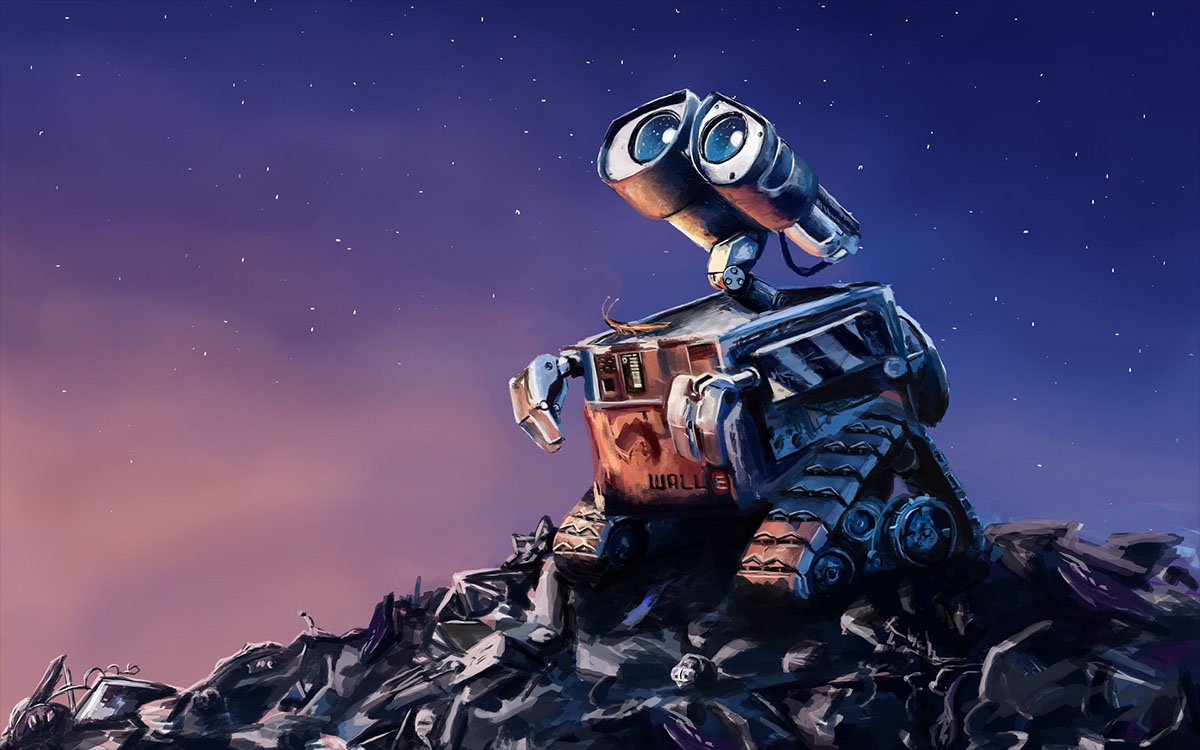new name, new accent, same old singularity…

When a former experimental developer like Ray Kurzweil forecasts that computers will soon awaken and rise to become smarter than their human handlers, you can see why he would make this argument. After all, if you go strictly by pop sci press, you will think that robots are taking over all human jobs, and we’re oh so close to unlocking the secrets of consciousness and memory. Having become an armchair computers scientist years ago and profiting by starting a movement of those anticipating the coming AI Rapture, while somehow still remaining an influential atheist, he doesn’t know better, to be blunt.
Probe his predictions any farther than the surface and you’ll see that despite his claims of constant study, he hasn’t done any research into very real and well known problems with his big ideas, as demonstrated very clearly by his genome-to-brain flap. And this is why his record of successfully predicting future tech trends is abysmal. But what do we make of a serious, well published AI researcher giving a TED talk about the Omega Point, a time when his inventions will simply take over and figure out all the complex and interesting scientific phenomena we just can’t seem to crack?
If you haven’t heard anything about cutting edge computers being used by scientists to crunch data in new and useful ways or keep track of all the papers being generated by their colleagues, Jürgen Schmidhuber will sound very convincing, especially when he talks about the sheer volume of data that can be processed by a computer and how easily it can be programmed to tease out relationships between individual points of odd or otherwise interesting values. But the truth of the matter is that he’s coming to his conclusions by simplifying what is actually involved in the process of making all these things work.
Well duh, of course he’s simplifying a complex field, you might argue, it’s a TED talk! How complicated can you get in fifteen minutes about things it takes years to properly study? While that’s certainly true, the oversimplification in play here is one in his mind, not the result of having to compress his thoughts into a short presentation. He’s assuming that because you can build a machine that can crunch a lot of data and offer a lot of formulas you’ll have to sort through to find a promising one, or point to new areas of study after crunching immense amounts of data, you can summon a digital equivalent to Tesla or Einstein and outsource all your problems to this machine, calling the point when this should happen the Omega, and then admitting that it’s just a rehash of Singularity lore.
We’ve seen why a good deal of Singularitarian thought on AI just doesn’t work before, and his overview is not much better and if anything, it’s more of a plug for his ambitious artificial neural network lab than anything else.
When you take a look at his work, you’ll see a lot of experiments with artificial neural networks to achieve fast, efficient memory utilization at runtime, or better reliability in existing classifiers, or hybridizing concepts from a couple of networks to come up with brand new ways of computing values for virtual neurons and their inputs, along with a number of papers on universal computing concepts. One paper may talk about optimizing how a particular ANN setup will crunch numbers faster, another will lay out formulas for how a machine would make a choice to modify itself or find an optimal solution to a particular problem.
They’re all very interesting and well written, certainly something plenty of computer scientists could sink their teeth into for a while, but none of it is in any way, shape or form as close to getting him to build a virtual scientist as he says it does in his TED talk. He actually seems to be borrowing from Nick Bostrom’s concept of a self-emergent superintelligence, one of his loftier ideas about the future of computation emerging from his musings on the likelihood of us being a virtual experiment of an advanced species rather than existing in what one would call reality.
Again, it’s great fodder for science fiction and makes for mind-blowing slideshows, but falls short when it comes to making all this actually work. If scientific knowledge we’ve accumulated so far never had to be updated and we knew with absolute certainty that everything we figured out by this point is absolutely correct and all peer-reviewed works could be safely taken at their word, we could at least entertain the notion. But we know that’s not the case.
[ story tip by Jordan ]





